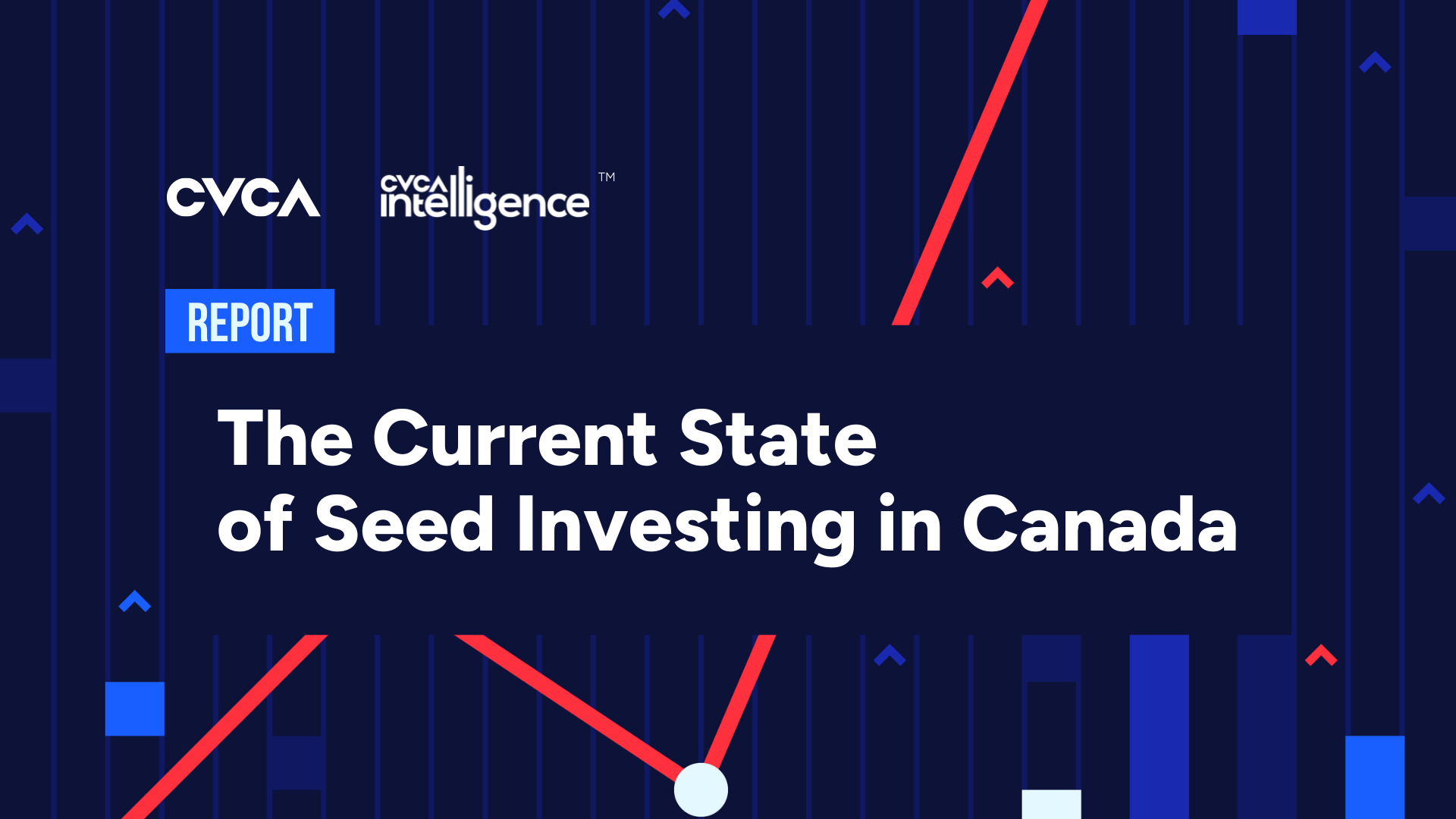As Canadian venture capital and private equity investors look towards 2024, they face a year with both familiar and emerging challenges. In this article, we break down CVCA’s latest member survey to provide a clearer picture of what investors are anticipating for the market in the upcoming year.
Out of all survey participants, 64% identified as VC investors, 13% identified as PE investors and 23% identified as another type of investor, such as Fund of Funds or Institutional Limited Partner.
A common challenge that investors of all types identified for their portfolio companies for the upcoming year is securing financing and liquidity. With 82% of all survey respondents citing this as a concern, it’s clear that despite a resilient market, the need for financial backing remains central, continuing the trend from 2023 where similar concerns were cited. The current global economic environment, geopolitical tensions and regulatory uncertainties add to the complexity of the funding landscape.
Breaking down the numbers, securing financing and liquidity was 82% of VC respondents top concern on the horizon, placing first by far. On the PE side, 57% of respondents cited this as their top concern for their portfolio companies, ranking second to recruiting high-quality professionals (71%) as their top concern.
In terms of portfolio development, there’s notable optimism. A significant majority of survey respondents, about 93%, plan to deploy capital to both existing and new investments, showing a more proactive stance compared to 2023, where the focus was more on sustaining existing investments, particularly among economic uncertainties and events like the Silicon Valley Bank collapse (2023 U.S. bank crisis).
PE investors were unequivocally optimistic on both fronts, with 100% of respondents saying they plan to deploy capital to both existing and new investments. On the VC side, 89% of respondents said they plan to invest in both, while 8% plan to invest in new investments only.
Globally, the market has shown resilience against concerns of liquidity, leverage, and valuations, confirming the Canadian confidence in the face of challenges. Despite a slowdown in IPOs, alternative exit strategies remain effective, showcasing investor’s ability to navigate the evolving market.
External debt and credit solutions, crucial for the liquidity and expansion of portfolio companies, are expected to become more challenging to access. About 41% of all respondents foresee a slight decrease in the availability of these solutions, mirroring the 2023 outlook and indicating a continuing trend of tightening credit markets.
VC investors had mixed outlooks on the availability of debt and credit solutions, with a third foreseeing a slight decrease while about 28% of investors predicting that availability will be about the same, or slightly increase.
PE investors were overall more pessimistic, with 57% of respondents foreseeing a slight decrease in access to external debt and credit solutions while 29% predicting it will stay the same.
This aligns with the global increase in the use of private credit for acquisition financing, a trend worsened by the early 2023 U.S. bank crisis. The global move towards diverse financing strategies, including private credit, reflects a similar caution and adaptability in the Canadian market.
Co-investing, a strategy that allows investors to pool resources and share risk, appears to be facing some headwinds. While some investors find it slightly more difficult (39%), a sizable portion (39%) consider it to be of average difficulty. This contrasts with 2023, where there wasn’t a significant emphasis on co-investing challenges.
Broken down by investor type, both VC and PE investors share similar sentiments – 42% of VC investors believe it will be slightly more difficult for co-investing strategies to pan out, while 43% of PE investors feel the same way.
Valuation of portfolio companies is another area of focus, with a mixed outlook. While 36% of all respondents anticipate a slight increase in valuations, there’s also a cautious perspective, with 28% expecting a slight decrease. This reflects a slightly more optimistic outlook than in 2023, where there was a general anticipation of declining valuations due to market volatilities.
VC investors had a mixed outlook, with 41% of respondents anticipating a slight increase, while 22% of investors predicted a slight decrease. PE investors had an even wider spread of answers, with an equal percentage (29%) of respondents predicting valuations to either stay the same, slightly increase or slightly decrease.
Exit opportunities, a critical metric in the VC and PE space, are expected to either stay the same (30%) or see some slight improvement (30%). This is more positive compared to 2023, where a notable proportion of firms expected deteriorating exit opportunities and decreasing exit prices.
PE investors had generally positive predictions on exit opportunities, with an equal proportion (29%) of respondents predicting these opportunities to stay the same, slightly improve or significantly improve.
For VC investors, the overall outlook was warm as well, with most respondents (36%) seeing exit opportunities staying the same, while 30% see things slightly improving.
Regulatory challenges also weigh heavily for Canadian investors. Financial policy, highlighted by 23% of all respondents, emerges as a primary concern, like 2023 where regulatory uncertainties and the need for supportive government policies were indicated as chief concerns.
For VC investors, financial policy (19%) as well as global market access and trade policy (19%) were two chief concerns. For PE investors, financial policy was the most dominant concern, with 42% of respondents, while 29% saw ESG disclosure as another major concern.
In the global landscape, shifts in regulatory environments, particularly in regions like China due to geopolitical tensions, have also affected investment strategies. The muted investment in China PE/VC highlights how international politics can influence the flow of capital.
Despite these challenges, there’s an underlying confidence in the long-term prospects of the Canadian private capital market. The average confidence level stands at 6.7, an optimistic view but slightly more moderate compared to 2023, where there was a slightly higher level of confidence in the long-term growth prospects, despite facing challenges.
Broken down by investor type, PE investors were significantly more optimistic, with an average confidence level of 8.2, while VC investors only averaged 6.3.
As Canadian VC and PE investors prepare for 2024, they are moving forward with a strategic mix of caution and optimism. The challenges on the horizon will once again be met with a readiness to adapt. The overall sentiment reflects a market that is aware of its challenges and is confident in its ability to navigate and emerge with new opportunities for growth and success.
Kayla Zhu, Freelance Data Journalist, presents a comprehensive analysis of CVCA Members’ responses to a 2024 Investor Forecasting survey, highlighting evolving sentiments and trends among VC and PE investors in the current market landscape.



